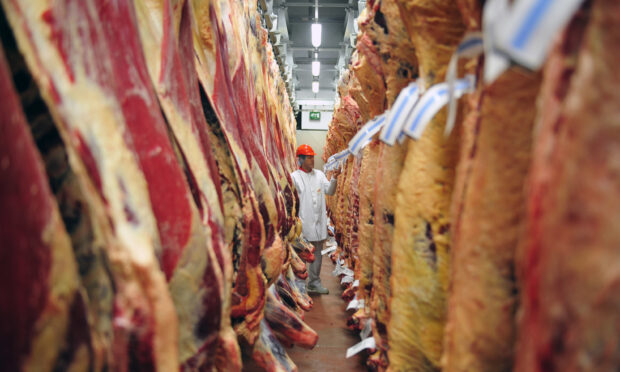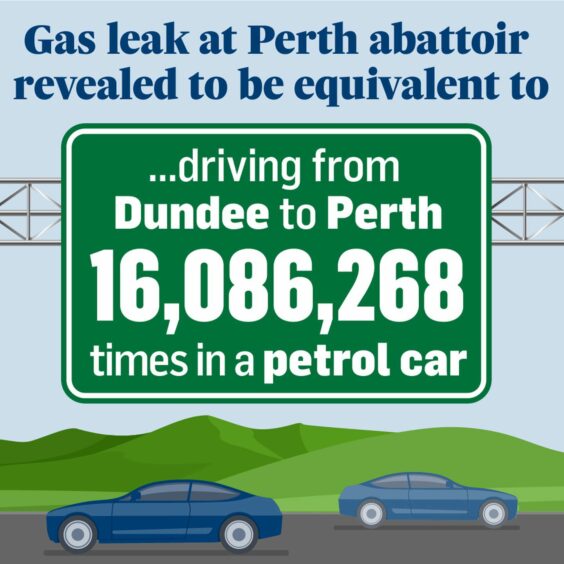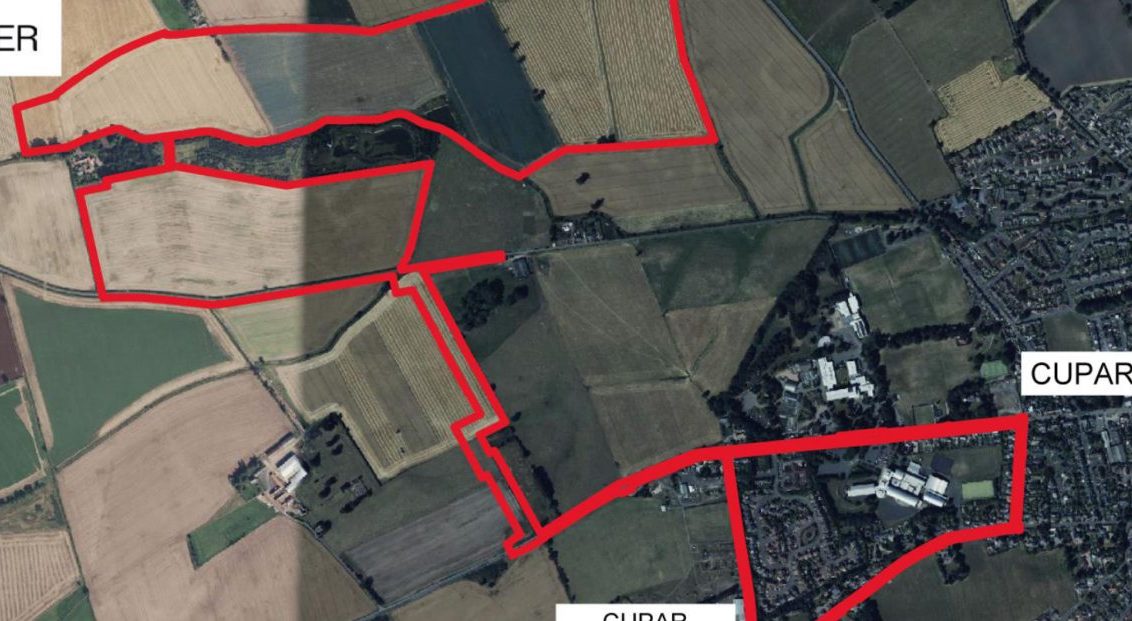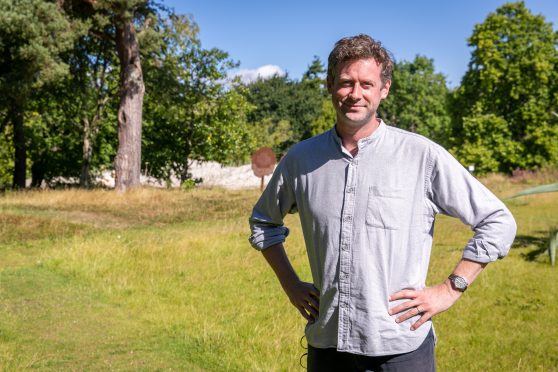Extinction Rebellion campaigners say a Perth abattoir “shouldn’t be operating” after a massive gas leak.
An Extinction Rebellion spokesperson called for Anglo Beef Processors (ABP) to be shut down after a fridge at its Perth base leaked, releasing a “devastating” amount of pollution.
“The emissions from the meat industry are completely unacceptable,” she said.
“The whole industry needs to be scrutinised.”
But an ABP spokesperson robustly denied claims its systems were “unsafe”, calling them “baseless”.
‘Once it’s out there, it’s too late’
The gas leak at ABP was the second largest of its kind in Europe.
It accounted for 87% of Scotland’s total hydrofluorocarbons emissions in 2021.
Hydrofluorocarbons, known as F-gases, are powerful greenhouse gases that contribute to climate change.
“Once it’s out there, it’s too late,” said the environment campaigner.
She added: “What happened illustrates the fact that these kinds of exploitative systems are simply unsafe.”
ABP said a faulty refrigeration system caused the leak.
The company has since installed a new refrigeration unit.
However, this does not reassure the Extinction Rebellion campaigner.
“Is it really safe?” she asked.
She claimed “that kind of so-called accident” could happen in any meat processing plant with similar systems.
We estimate the ABP gas leak released carbon emissions equivalent to 16 million journeys between Perth and Dundee in a Petrol car.
That’s as much carbon as 7,573 Scottish citizens would create over a full year – more than everyone in Kinross.
‘No risk from the new equipment’
An ABP spokesperson gave an assurance there would be no repeat of the leak.
He said: “For the avoidance of any doubt, there is no risk from the new equipment that has been installed.
“The equipment is fully checked and compliant.”
ABP and the Scottish Environment Protection Agency (Sepa) have been unable to provide further details about the cause of the gas leak due to Sepa’s ongoing investigation.
Anglo Beef Processors has 12 sites across the UK.
The company’s website states it operates with a “business-wide sustainability strategy” that they call DoingMoreWithLess.
“As one of Europe’s leading agri food businesses, operating sustainably goes to the very core of our business.”
Their environmental targets for 2030 include reducing carbon emissions by 1.9 million tonnes.











Conversation